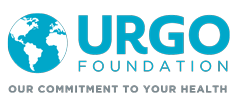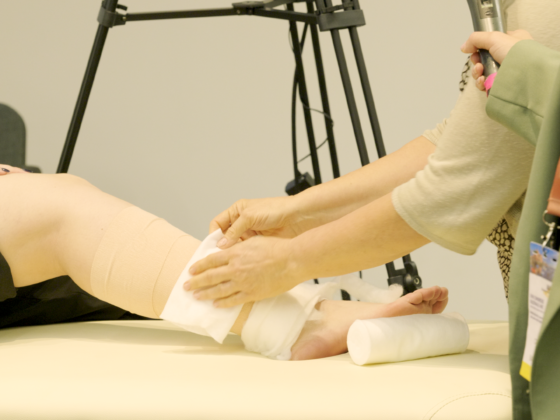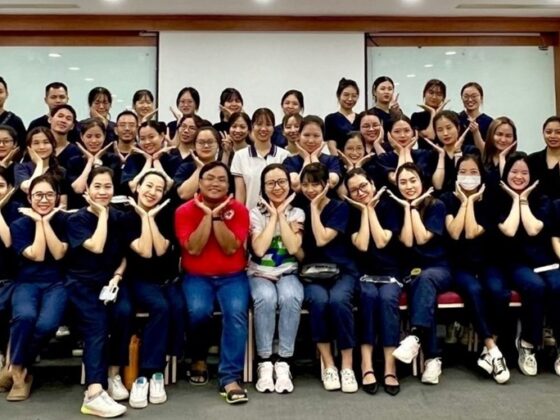Leg Ulcer & Compression Days recently took place in three major Australian cities: Brisbane, Sydney and Melbourne. This major event brought together healthcare professionals to raise awareness of leg ulcer management and promote compression best practice. The main objective was to improve the care of leg ulcer patients by providing up-to-date guidelines and practical training adapted to the latest scientific and clinical advances.
Theoretical and practical workshops: deepening knowledge and practice
The days were organized in the form of interactive workshops combining theoretical sessions and practical demonstrations. At the Melbourne event, participants had the opportunity to examine several national and international guidelines concerning leg ulcers. This comparative work was a real eye-opener for the majority of participants, 95% of whom admitted to being unaware of the existence of certain fundamental guidelines. This realization underlined the importance of improving the dissemination of recommendations and good practice in the field of leg ulcers.
In addition to guideline discussions, the workshops provided an opportunity to share information on the latest developments in compression. Participants were able to explore in detail the different types of bandages and compression devices, while analyzing their effectiveness and safety. These workshops offered a unique opportunity for healthcare professionals to acquire practical skills directly applicable to their clinical practice, and to discuss the day-to-day challenges encountered in the management of leg ulcers.
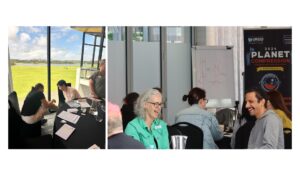 Importance of Practice and Demonstrations
Importance of Practice and Demonstrations
The organizers ensured that each session was practice-oriented, enabling participants to test and apply compression products under the supervision of experienced trainers. In Sydney, for example, compression demonstrations enabled healthcare professionals to familiarize themselves with specific techniques for bandaging and applying compression devices. This hands-on approach is essential to ensure that participants can immediately apply what they have learned in their clinical environment.
The choice of small working groups, of between 20 and 30 participants, also favored quality interaction, enabling the trainers to answer questions and provide personalized follow-up. The workshops also emphasized the importance of individualizing treatment to the specific needs of each patient, an essential aspect of effective leg ulcer management.
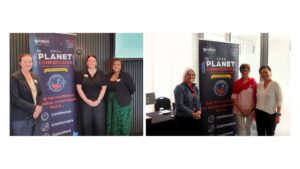
A Positive Impact on Leg Ulcer Management
The Leg Ulcer & Compression Days were a real success. These training days offered healthcare professionals a unique opportunity to deepen their knowledge and improve their skills in the field of leg ulcers. Thanks to practical workshops, demonstrations and exchanges on compression products, participants left better prepared to treat this complex pathology. The positive feedback received after the event shows that there is a real need for such training initiatives, and paves the way for future awareness-raising and training sessions in this essential area of healthcare.
